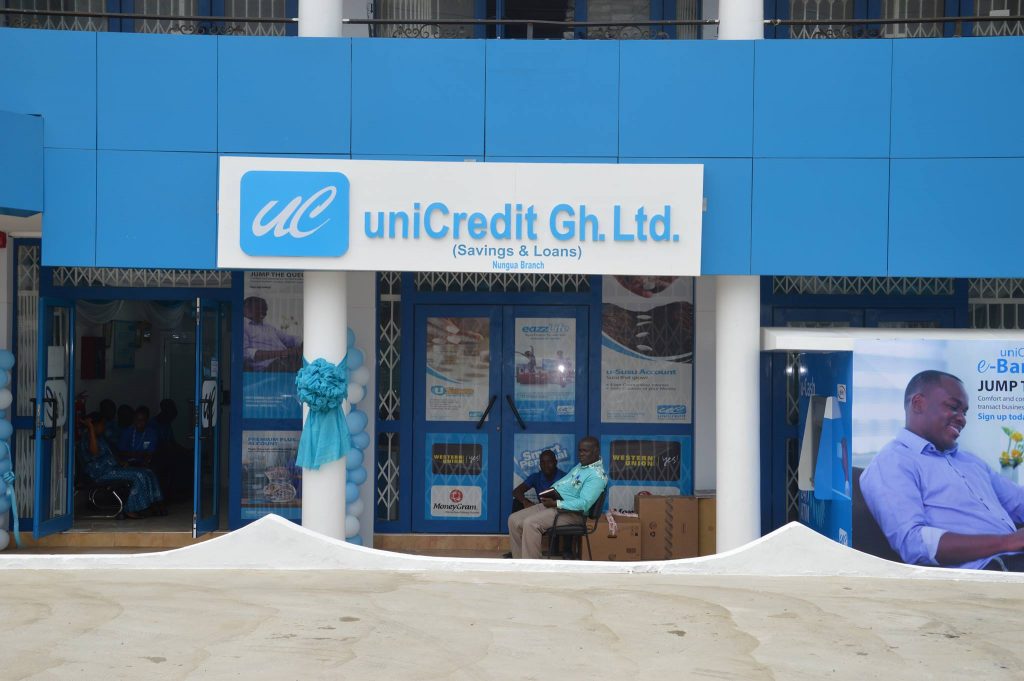Investors will probably sell Ghanaian bonds until the government explains how it plans to deal with a wider-than-expected budget deficit.
The yield on cedi-denominated bonds due 2020 has soared 116 basis points to the highest level in two months since authorities said they uncovered 7 billion cedi ($1.6 billion) of unplanned spending on Feb. 1. That discovery widened the nation’s 2016 budget gap as a percentage of gross domestic product to “double digits,” well above the previous estimate of 5.3 percent
The bond yield may climb a further 100 basis points until the government reveals its 2017 budget in March, said Courage Kingsley Martey, an Accra-based economist at Databank Group, who was the only analyst surveyed by Bloomberg to predict correctly that the central bank will leave its benchmark rate unchanged last month.
The yield on the government’s 2020 debt rose to 20.1 percent on Tuesday. Foreign investors own about 25 percent of the nation’s local debt.
The cedi depreciated to 4.465 per dollar on Feb. 9, the weakest level on an intraday basis in about 20 months. Martey sees the currency falling 4.2 percent by the end of the year from 4.4350 per dollar on Wednesday.
“We expect the cedi to continue to weaken until there’s a clear direction on how the government wants to deal with the overspending,” said Alex Boahen, the Accra-based head of research at Databank, who helps oversee 1.5 billion cedis in assets.
Source:bloomberg.com




















